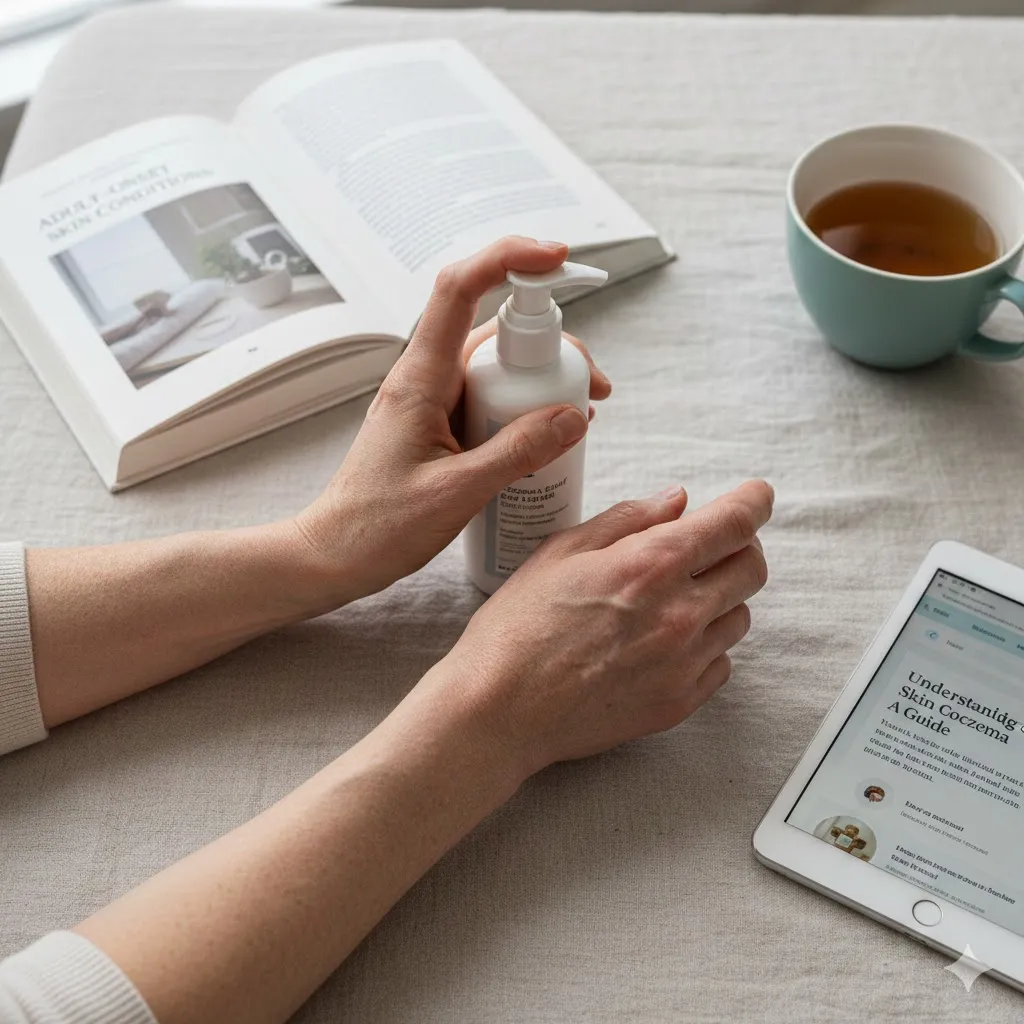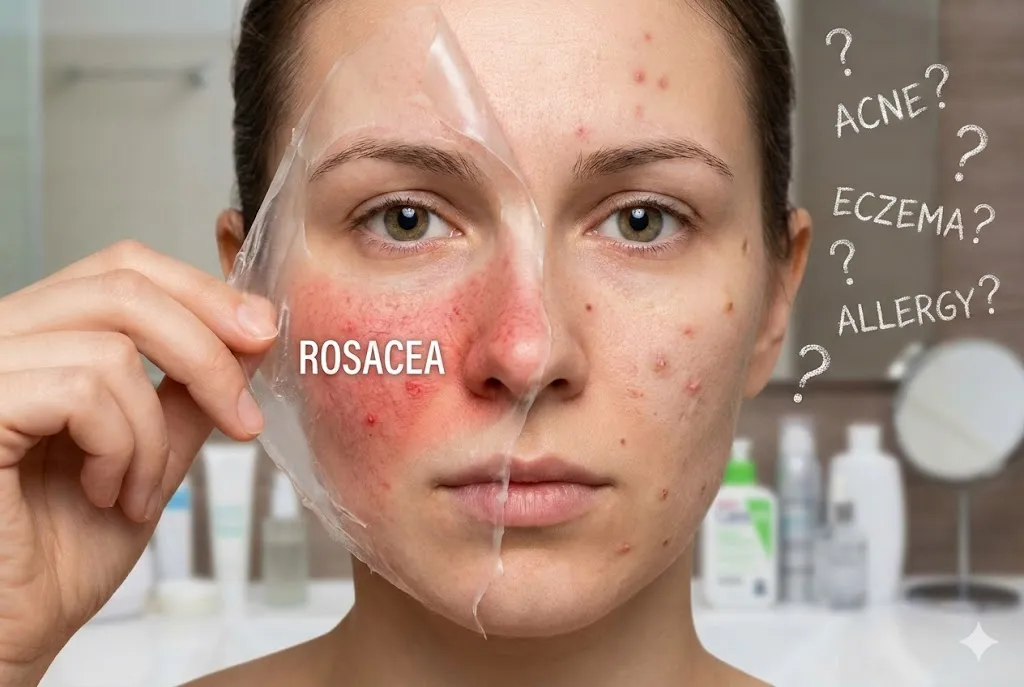Why is Vitamin C beneficial for your skin?
Vitamin C is an anti-aging powerhouse that helps reduce wrinkles, sun spots, and even dark circles around your eyes. It also promotes collagen production in your skin, making it look youthful and glowing. Vitamin C is also known to lighten your dark spots and pigmentation and reduce redness and inflammation caused by acne. It also helps in fighting against free radicals, which damage your skin and cause aging. Vitamin C is a potent antioxidant that helps repair your skin, reduce wrinkles and prevent signs of aging like fine lines, crow feet, dark spots, and sun damage. Moreover, it also helps promote hydration and collagen production, which is beneficial for your skin. Vitamin C is also used for other skincare concerns, such as scars and even dark circles!Does vitamin c help acne?
 The answer is yes but slightly towards the pendulum side. As we all know, Vitamin is ascorbic acid that is water-loving and water-soluble. Therefore, topical solutions of vitamin c help treat skin-related disorders and diseases, including acne. The main scientific reason behind acne formation is dirt and oil accumulation in the skin. This is always a surface phenomenon the adsorption of harmful external metabolites causes skin cancer and acne appears on the skin. Acne can even lead to redness, dark spots on the skin, the formation of pimples and zits, and hyperpigmentation.Vitamin C is an anti-inflammatory substance that clears the external elements in the skin by removal of oily surfaces. Therefore vitamin c treats acne only by increasing cell mediators and collagen levels. One study showed that Taking vitamin C orally via diet or supplements may help reduce the severity of your acne.
The answer is yes but slightly towards the pendulum side. As we all know, Vitamin is ascorbic acid that is water-loving and water-soluble. Therefore, topical solutions of vitamin c help treat skin-related disorders and diseases, including acne. The main scientific reason behind acne formation is dirt and oil accumulation in the skin. This is always a surface phenomenon the adsorption of harmful external metabolites causes skin cancer and acne appears on the skin. Acne can even lead to redness, dark spots on the skin, the formation of pimples and zits, and hyperpigmentation.Vitamin C is an anti-inflammatory substance that clears the external elements in the skin by removal of oily surfaces. Therefore vitamin c treats acne only by increasing cell mediators and collagen levels. One study showed that Taking vitamin C orally via diet or supplements may help reduce the severity of your acne.How does Vitamin C help clear acne?
Besides being a skincare ingredient, vitamin C is also known to reduce acne and help clear acne breakouts. It is known to prevent and heal acne scars as an anti-inflammatory agent.- Vitamin C helps in reducing the redness and swelling of acne breakouts.
- It also promotes natural collagen production in the skin, which makes your skin smoother and pores less visible.
- Vitamin C also helps in keeping your skin hydrated and healthy.
- It is known for its great antioxidant properties and is also known to reduce sun damage and certain types of inflammation.
Tips for using vitamin C to get rid of acne fast?
To get the maximum benefits of vitamin C, it is important to use it correctly.- You must add 1-2 g of vitamin C to your daily skincare routine.
- Add vitamin C and other ingredients to your skincare products.
- Try adding vitamin C to your skincare routine by including vitamin C in your diet.
- Add citrus fruits like oranges, lemons, limes, and grapefruits to your diet to get the benefits of vitamin C.
- You can also add vitamin C to your skincare routine by adding vitamin C serum to your skincare routine.
Vitamin C Sources for topical preparations
1. Guavas -
They are the major sources of vitamin c. Guava fruit mixed with antibiotics for extra freshness to the topic preparation provides great removal of dirt and metabolites from the skin. It results in acne prevention. Bacteria and small microscopic fungi accumulate on the skin forming dead cells. Therefore, guava paste and creams help in the removal of these materials.2. Bell peppers -
Bell peppers are a series of veggies that provide excellent vitamin c sources. Creams and oils which are vegan and ayurvedic have almost 33% bell peppers. The bell pepper's antioxidant feature adjusts the skin's pH for moisture absorbance.3. Blackcurrants -
When applied to the skin, a mixture of blackcurrants with olive oil gives a smooth texture. It results in acne removal as well as moisturization of the skin.4. Parsley and curd -
A mixture of parsley and curd helps remove harmful free radicals that accumulate on the skin. The combination is rich in vitamins c and k. Also, it is filled with antioxidants, providing a sustainable environment for the reaction mechanism.5. Coconut oil -
You can apply Freshly prepared coconut oil to the skin for a refreshing purpose. However, it contains vitamin c but also milk constituents which makes the comfort of vitamin d as well. Therefore, the application of coconut oil helps in the prevention of acne formation.6. Mustard-spinach -
A classic combination of Vitamin a and c. This is famous in the household when the topical application of the combination is used. The antioxidants and anti-stimulants clear the superficial skin of bacteria that eat up good skin. After washing it with soap and water, there is a reduction in acne size.7. Kale -
Kale is an exotic vegetable that provides efficiency in the bioavailability of the skin. The stimulants in the skin attack the protein and good fats that are collagen. Kale pastes deactivate the action by increasing the bioavailability of protein and fats-rich compounds.8. Kiwis -
Kiwi is a fruit that has abundant antioxidants. The amount of the kiwi's anti-stimulants is ten times that of the guava and spinach. These qualities make it the most effective source of antioxidants and vitamin c. The fruit paste and creams are famous for uplifting melatonin regeneration provided by the decrement of cell mediators.9. Lemons -
Acne is a serious problem that everyone must deal with, either with cosmetic applications, medicinal procedures, or normal household treatments. Lemons are infamous products with an abundance of antioxidants and citric acid levels. From citric acid, we can say that ascorbic acid is also a part of lemons. It means that vitamin c is abundant in the substance. The topic application can include simply squeezing lemons to the zits and acne on the skin. It can result in a painful sensation but also aids in removing dirt and metabolites. Oily skin is also degenerated due to ascorbic acid. Also, Read The Best Multivitamin Tablets in the Market (2022).Conclusion -
Vitamin acid does help with acne and skin problems. The antioxidant and anti-stimulants in vitamins help remove dead skin from the surface. Vitamin C is a skincare ingredient that reduces wrinkles, sun spots, fine lines, and even dark circles under your eyes. It is also known to reduce redness and inflammation caused by acne. You can add vitamin C to your skincare routine by adding a serum or a moisturizer with this ingredient. You can also add vitamin C to your diet to benefit from it. Use these tips to get the maximum benefits of vitamin C in your skincare routine.Also, Read the 5 Best Postnatal Vitamins Of 2022.Also, Read What are the 14 signs of vitamin D Deficiency?Frequently Asked Questions
Does vitamin c help acne and other skin-related diseases?
Yes, it does help; acne and eczema can be treated by topical application of vitamin c
Can we crush the vitamin c tablet and mix it with coconut oil to apply to the skin?
It is a myth to crush vitamin c tablets. There are many topic preparations of vitamin c available on the market to use.
How does acne appear?
Though there are several reasons for the formation of acne, the main associated factors are dirt and bacterial lining accumulation. The formation of dead skin and oily surfaces can also generate atrophic acne.
Can vitamin c reduce redness?
Yes, it can reduce the reddish appearance on the skin as coconut oil contains a large amount of vitamin c. Therefore, oil can be applied to the reduction of redness.
Is hyperpigmentation acne prevented by vitamin c?
Generally, no, but it depends on the mutation of the chromosomes. It may be prevented. You should consult a doctor and dermatologist for treatment advice.
What are the sources of vitamin c?
Kiwi, coconut oil, kale, mustard, spinach, and lemon.
Can creams and oils of vitamin c apply to cracked skin?
No, it is not recommended to apply topical preparation on the cracked skin.

Reviewed by







